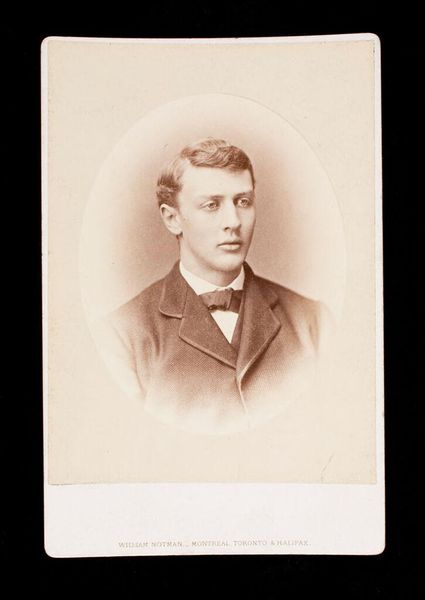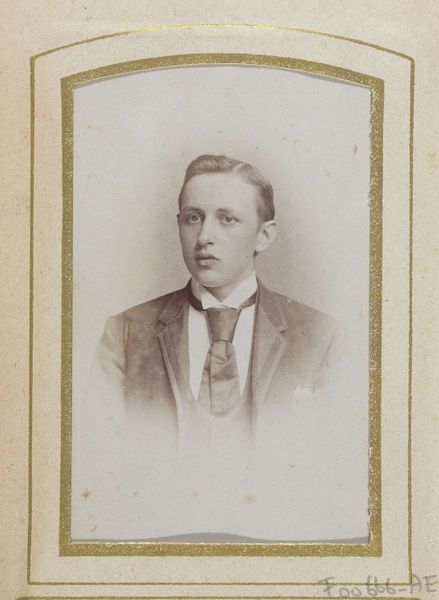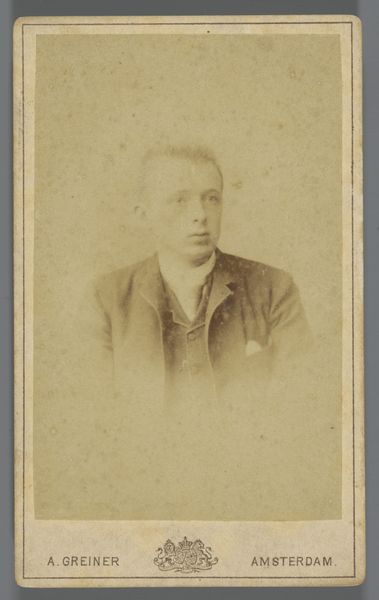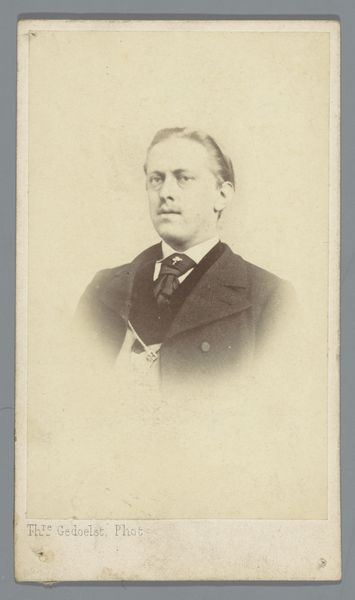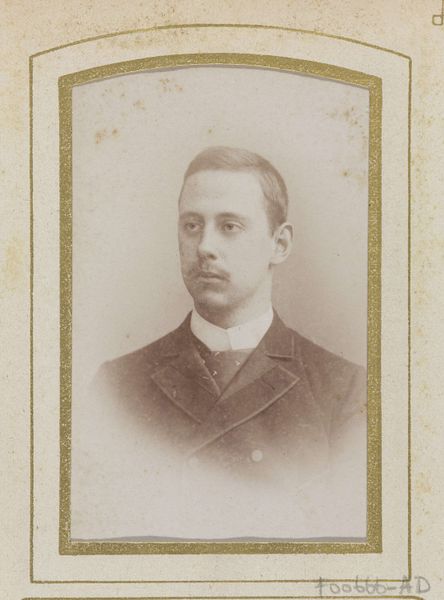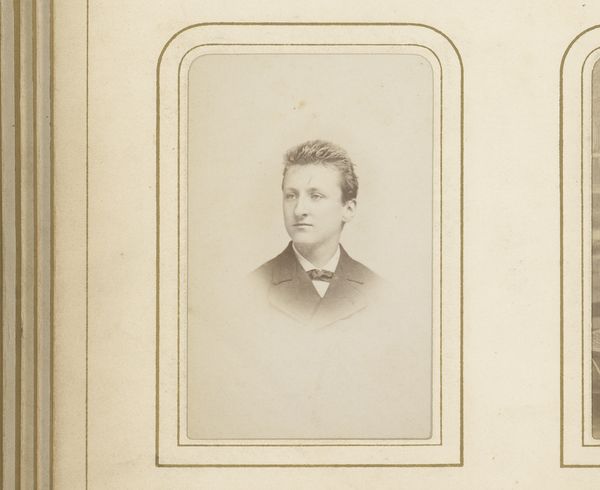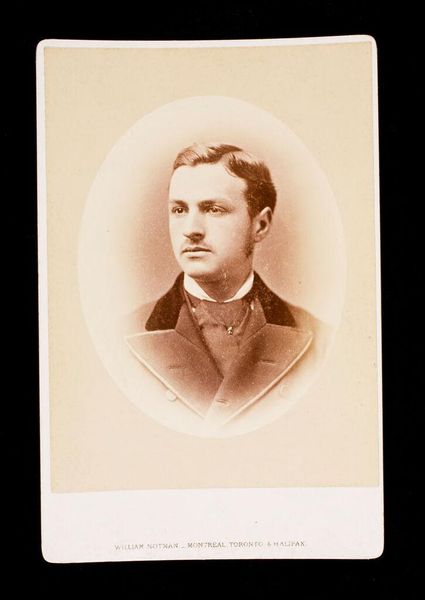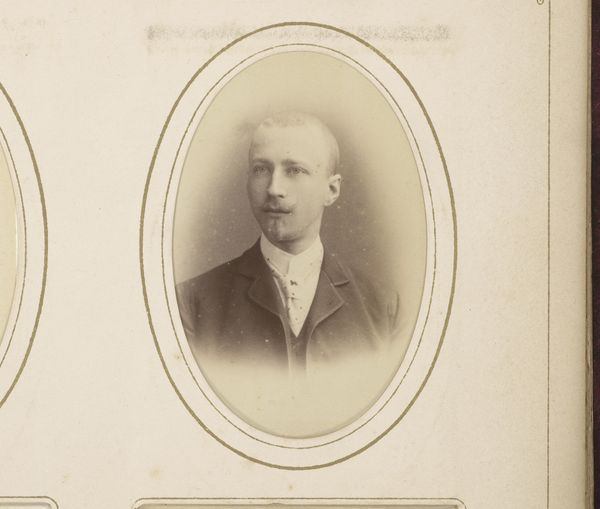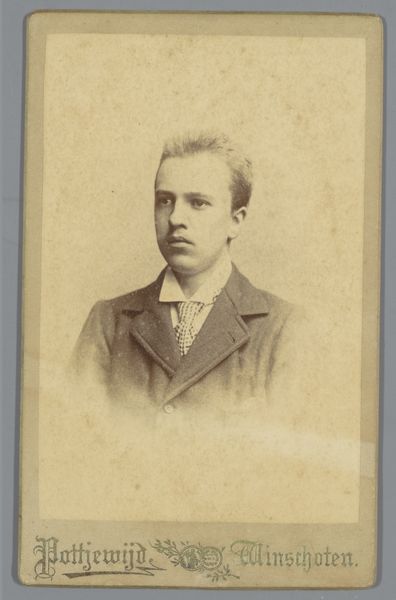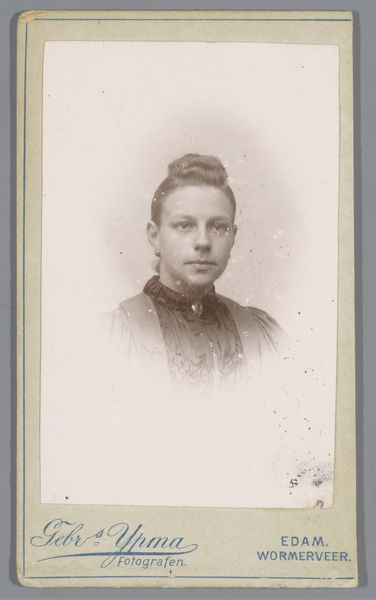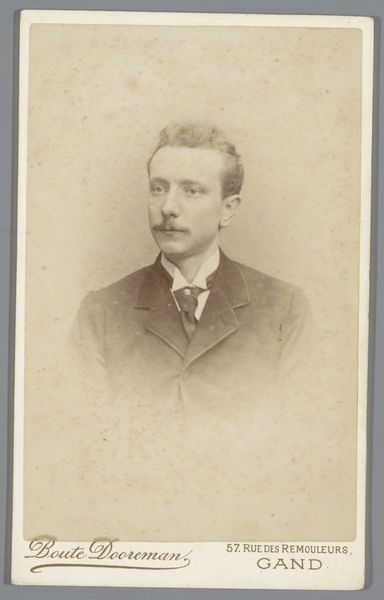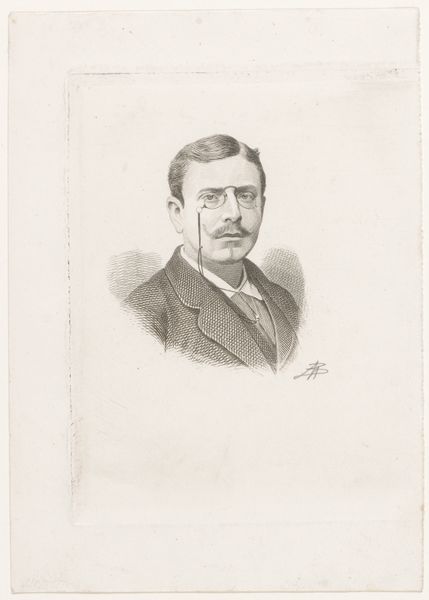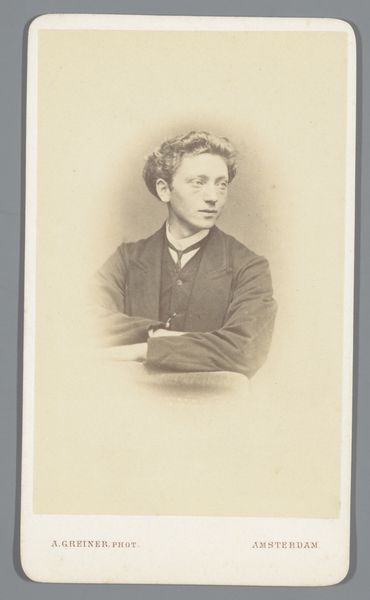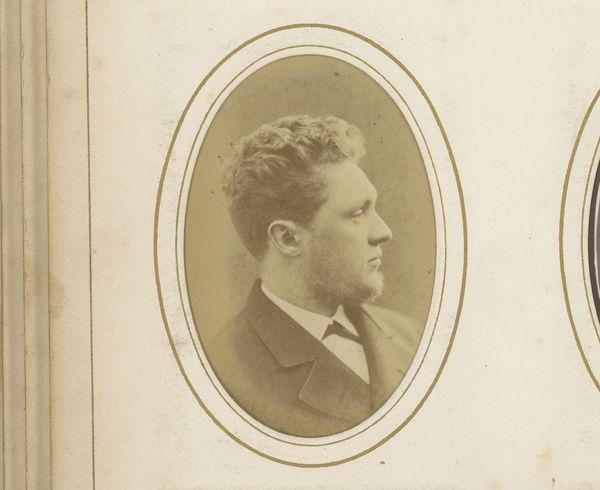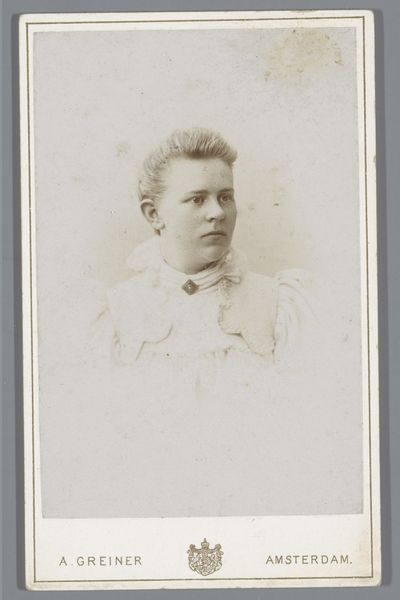
William G. East, English Oarsman, from World's Champions, Series 2 (N29) for Allen & Ginter Cigarettes 1888
0:00
0:00
drawing, print, paper
#
portrait
#
drawing
# print
#
impressionism
#
caricature
#
paper
#
men
Dimensions: Sheet: 2 3/4 x 1 1/2 in. (7 x 3.8 cm)
Copyright: Public Domain
This small chromolithograph was one of many that Allen & Ginter Cigarettes distributed to promote their brand. This one features William G. East, an English oarsman. In the late 19th century, the rise of industrial capitalism and mass media created new opportunities for advertising and celebrity culture. Cigarette companies like Allen & Ginter capitalized on this by including collectible cards in their products. These cards often featured images of athletes, actors, and other public figures, thus linking their product to the burgeoning culture of celebrity. The cards also served to associate cigarette smoking with vitality. The image creates meaning through visual codes and cultural references. In the context of Victorian England, rowing was a popular sport among the upper and middle classes, and the image of East as a champion athlete would have resonated with consumers. As historians, we examine various resources like advertisements, newspapers, and sporting records, we can begin to understand the social and cultural forces that shaped the production and reception of images like this one. By understanding this context, we can appreciate the ways in which art is always contingent on its social and institutional setting.
Comments
No comments
Be the first to comment and join the conversation on the ultimate creative platform.
